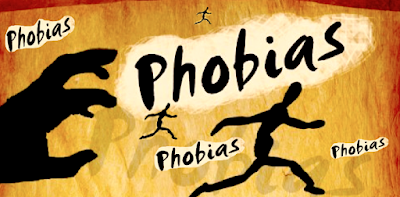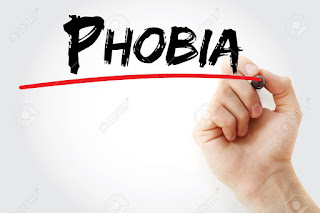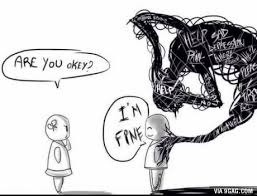Treatment of phobia.
Psychological treatment of phobia.
I wrote about the causes of phobia in my previous article here
Absolutely, everyone wants to get rid of phobia. Phobia can be dangerous sometimes, so that it must be treated before it get worse. As there is no evidence in biological theories about phobia is inherited so psychological treatments are the only way to treat them.
Here are some psychological treatments.
Real life exposure
Real life exposure is one of the best treatment for phobias involving fear of animals, injections or dental work.In this treatment include a real life exposure to the phobic patient involves gradually and repeatedly exposing to the fearful object or situation in a safe and controlled way.
This process requires courage and determination. Sometimes your fear is so much extreem that you cannot imagine resisting it.
From unconscious into conscious
Phobia can be treated if phobic person's unconscious reason of phobia is brought into conscious through hypno-analysis, free association and psychoanalysis.
Unlearned the phobia
If phobia is learned by conditiong, it can be unlearned also by reinstating the fearful event in the reformulated fearless situation.
The desensitization, relaxation technique, modeling and imitation can reduce phobia.
Through medicines
There are some medicines that can help a phobic person to get rid of it
- benzodiazapines
- barbiturates
- transquillizers
- sedatives
Do not take these medicines without the permission of psychologist.





















